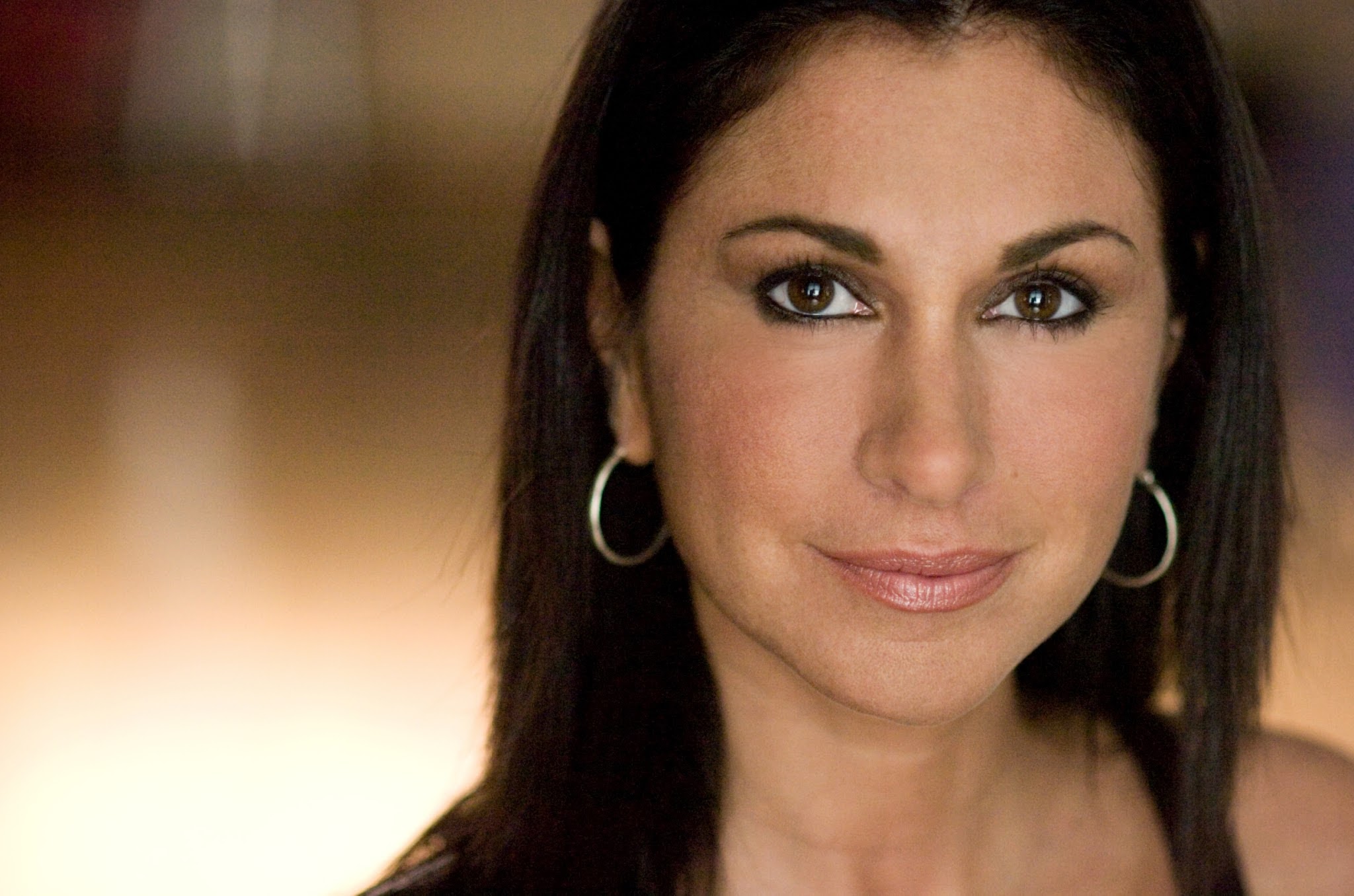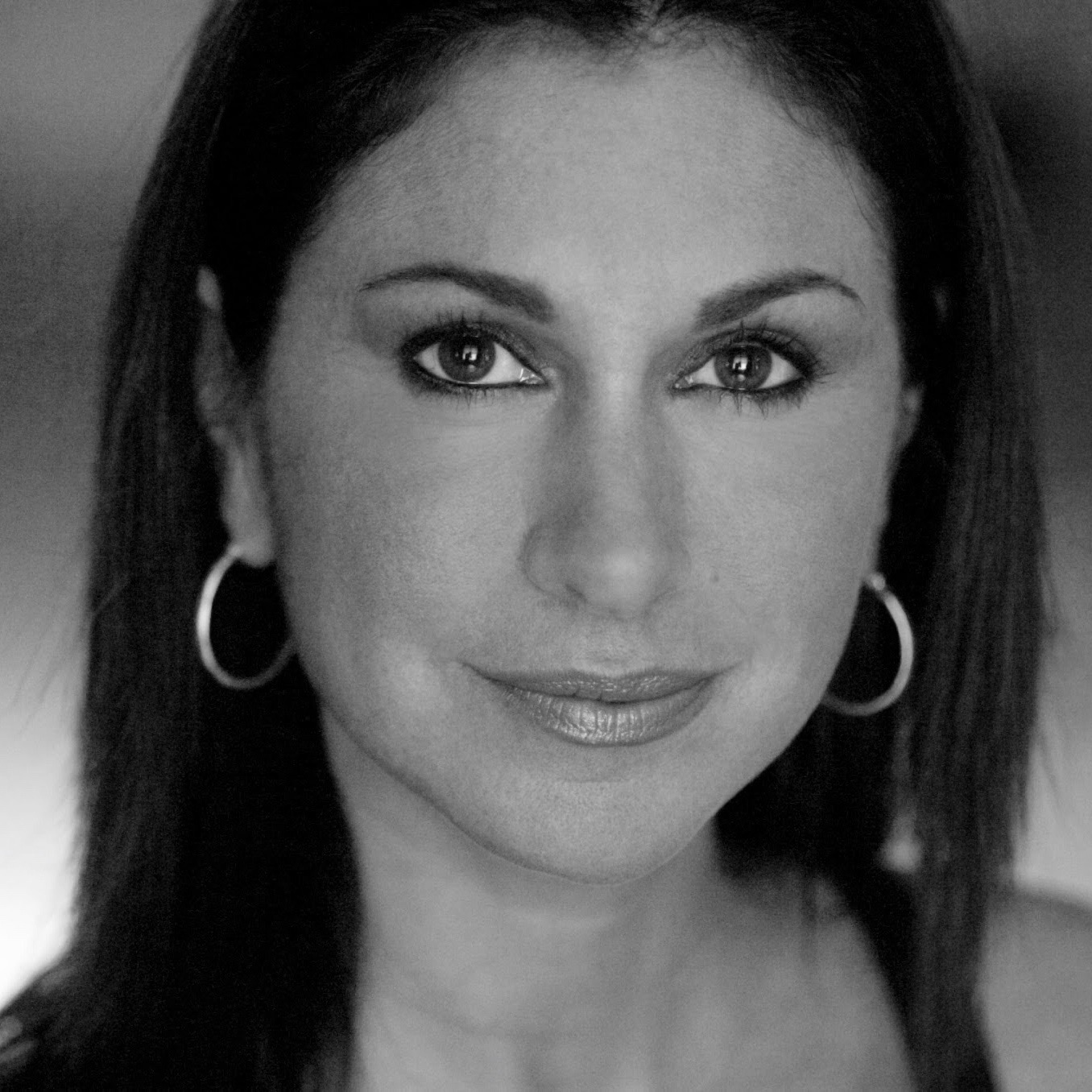
Q: When I audition, instead of worrying about being ‘word perfect’ on the sides, I’m more truthful when I express what I know I’m saying in the dialogue and can paraphrase it to a certain degree. Is that a turn-off for cd’s and a director?
This is a great question in service of improving your auditions as we move into a New Year!
Acting and writing are two separate crafts, and when at their best, are working in concert with each other. A writer has crafted a story with purpose and made more choices about style and tone and language and your character’s expression than one could count. Then it is your job to imbue it with life. For an actor to bring someone else’s words to life, his craft must also be in full force. You need to be able to craft a role by making the words feel like they are something that you would say. You find ways to inhabit the life of the character, until you believe you are the character when you are acting it. This is an equally complex craft that deserves respect. So how can we optimize the experience for both artists while also respecting their singular crafts?
What you’ve discovered intuitively is that memorization is not only a mental exercise for an actor. The whole body mind and spirit must get involved, for the words to come naturally. It makes perfect sense that you enjoy putting the dialogue in your own words! In fact, this is a technique I often use as a director and as a coach. What it allows the actor to do is find a personal reason to say those words. Then you are closer to identifying with the character. And of course, by doing that, you believe you are the character more, and are then more truthful. But this is something that must be done only in your preparation. Granted, I have seen actors improvise in an audition and get cast. But I don’t suggest it for professional work. Your job is to explore in this way while preparing your part, and then to bring what you discover to the dialogue that is written.
One concern actors have, particularly if you have one night to learn ten pages of dialogue, is: how am I going to learn all of these lines verbatim? Again, that is your job. But saying the words without personalizing them is an exercise in futility. The good news is, if you personalize them, they will be must easier to memorize.
So, prepare using this technique you’ve come upon- which is saying the lines in your own words, speaking the subtext, or expressing the words as you would say them. Then, pay attention to how this excites your inner life. What are you aware of? What are you experiencing emotionally? What do you need to express? What to you need to do? This technique will lead you to a personal sense of urgency, which acts as a motivation. That motivation lives in your body in a certain way: as a sensation.
Next, connecting to that sensation, turn back to the text. Now your whole instrument, conscious and unconscious, will rally.
You will have created an actual need to express the words. Before you know it, they will be memorized, and you will also be in character, ready for action. And you will be playing the role in a way that only you can play it, because you’ve made it your own.
Try this out and let me know how it goes for you! Happy holidays to you, and to all of you reading!
Please send your specific questions about the art of acting to staytuned@gmail.com and Kymberly will respond to a different question each week! There are no invalid questions, as long as they pertain to your craft and life as an actor.
Kymberly Harris is an actor’s director. She specializes in character-driven stories, whether the genre is drama, comedy, thriller, or action. Her extensive experience as a method acting coach to professional actors of all ages has led actors to seek her out to direct them towards their best performances in film, television, and theatre projects.























 More news and opinions than at a Shabbat dinner, right in your inbox.
More news and opinions than at a Shabbat dinner, right in your inbox.